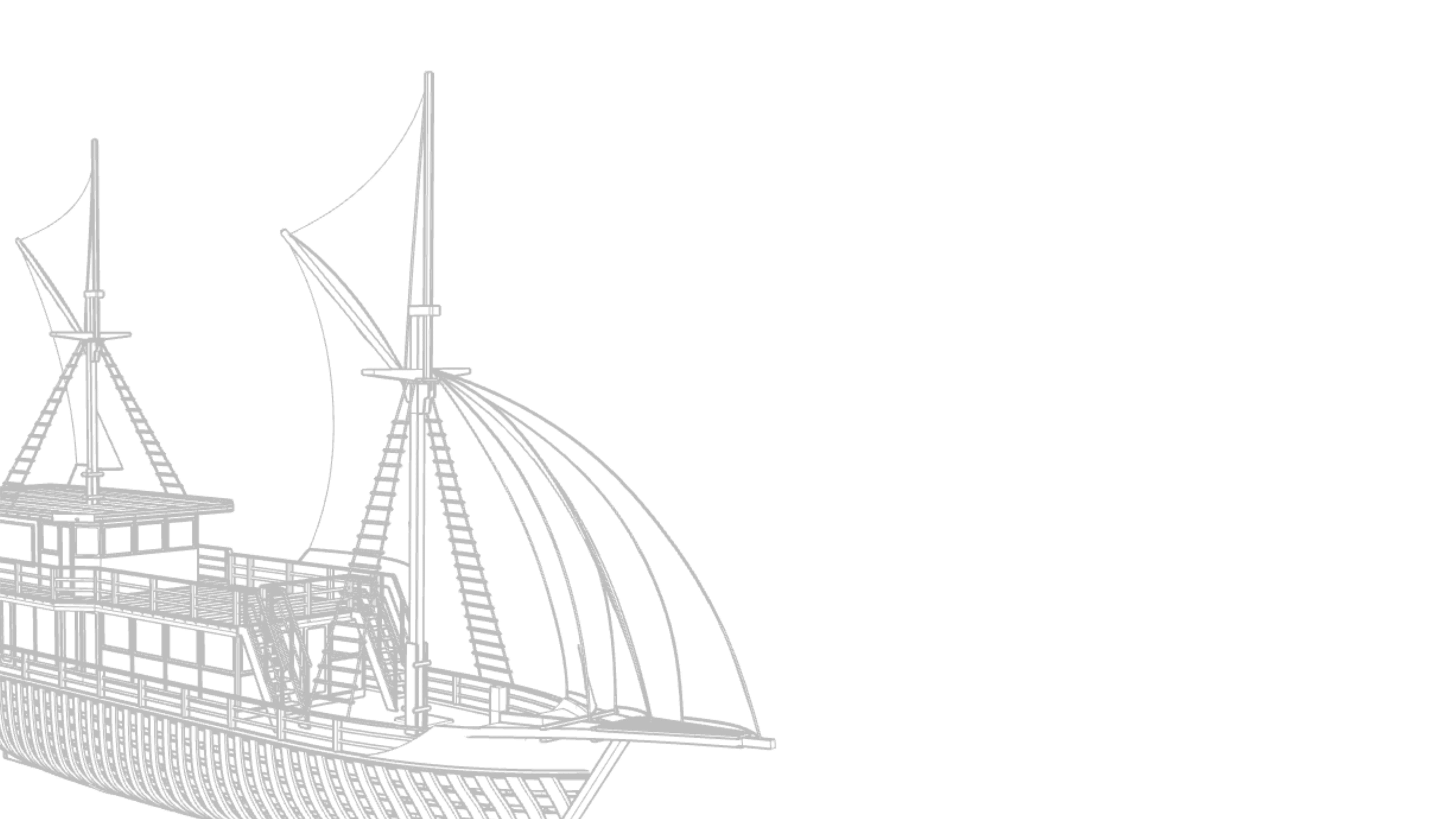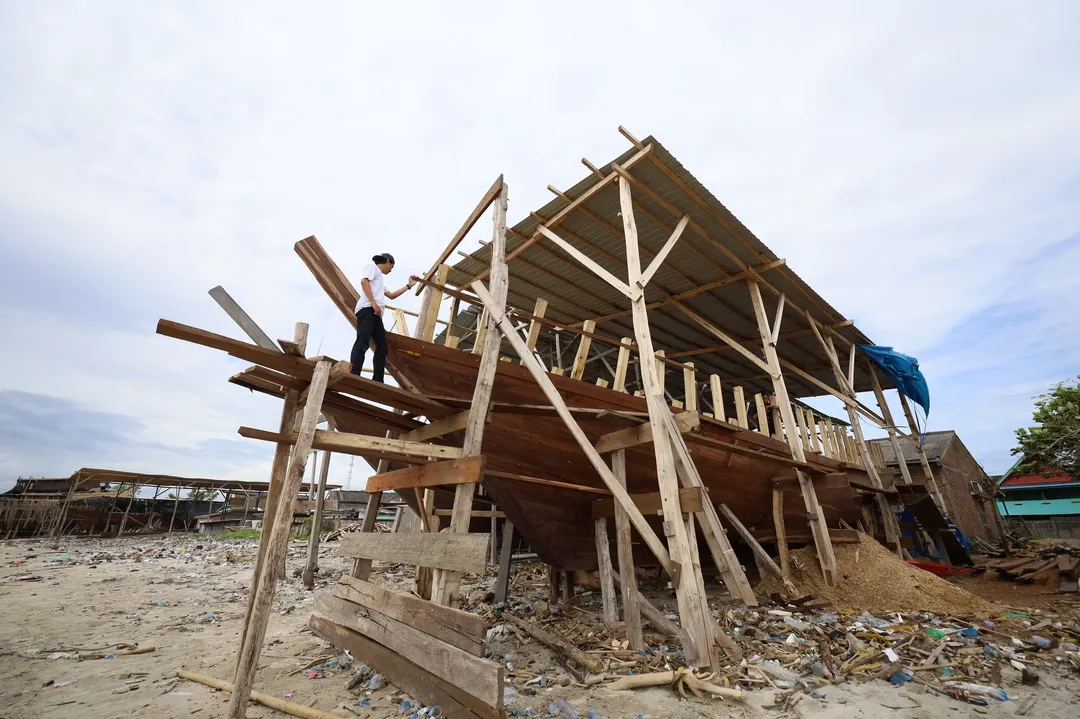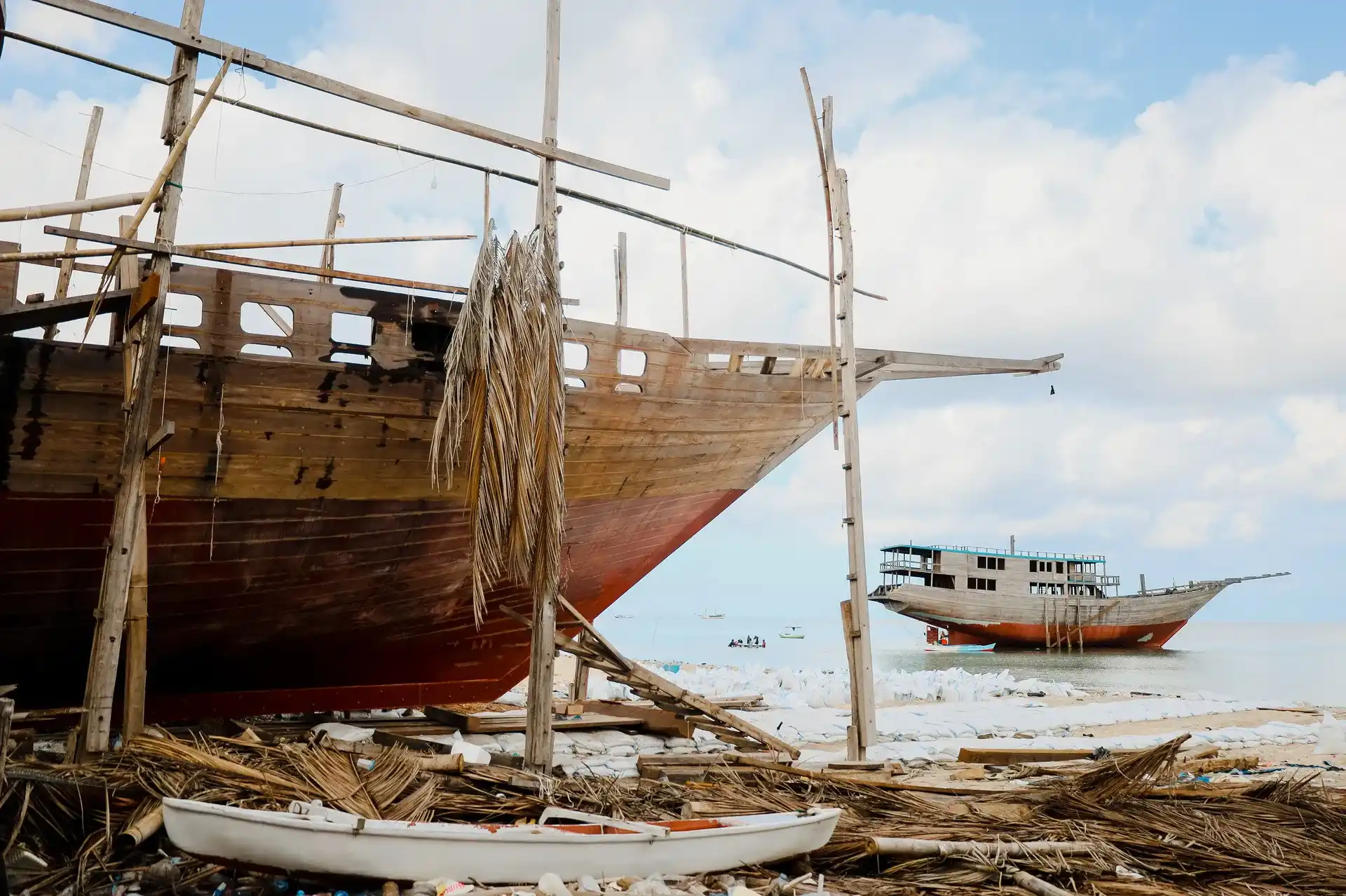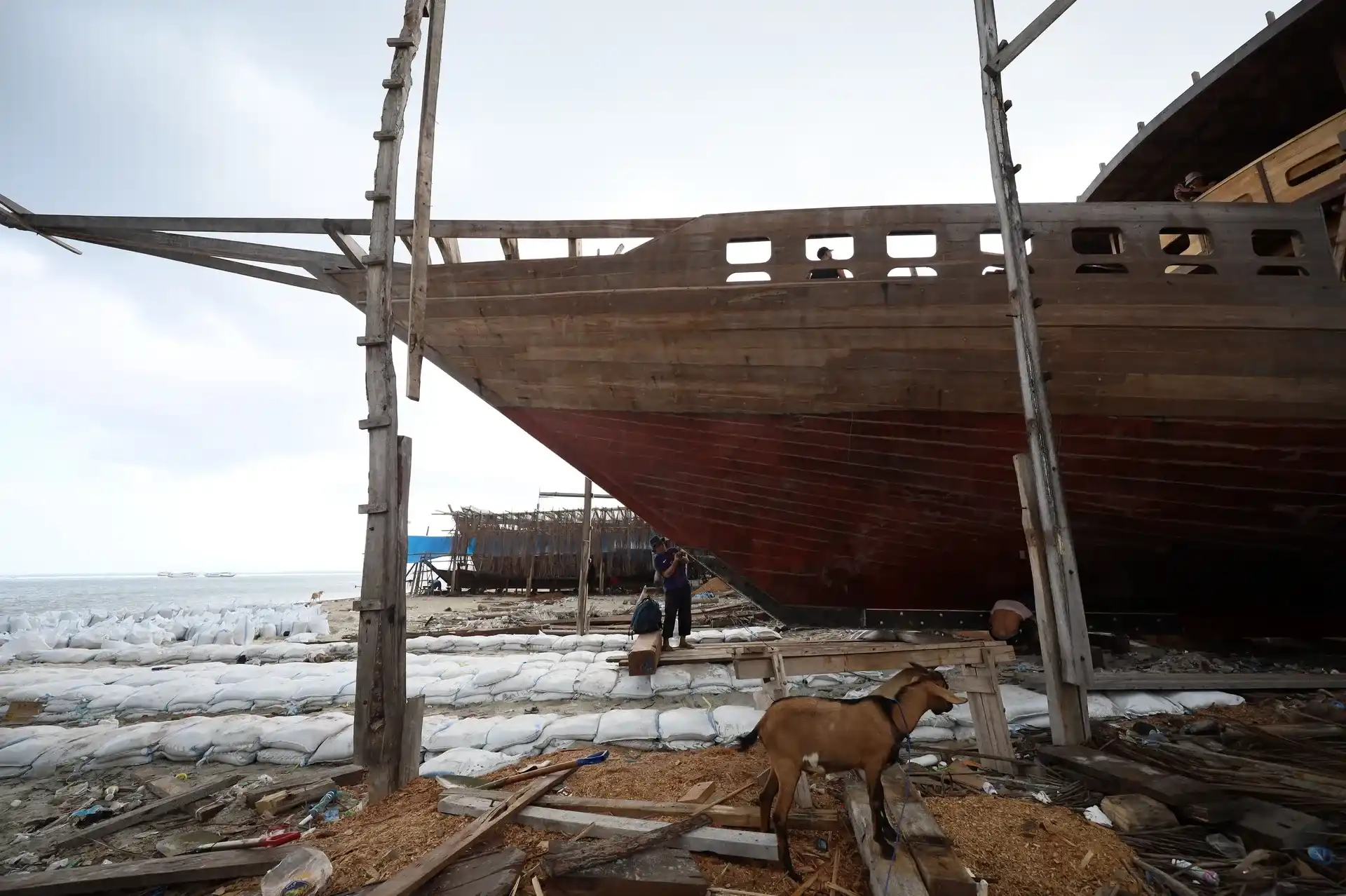Eco Friendly Boats: Materials, Innovation, and Sustainable Traditions in Tana Beru
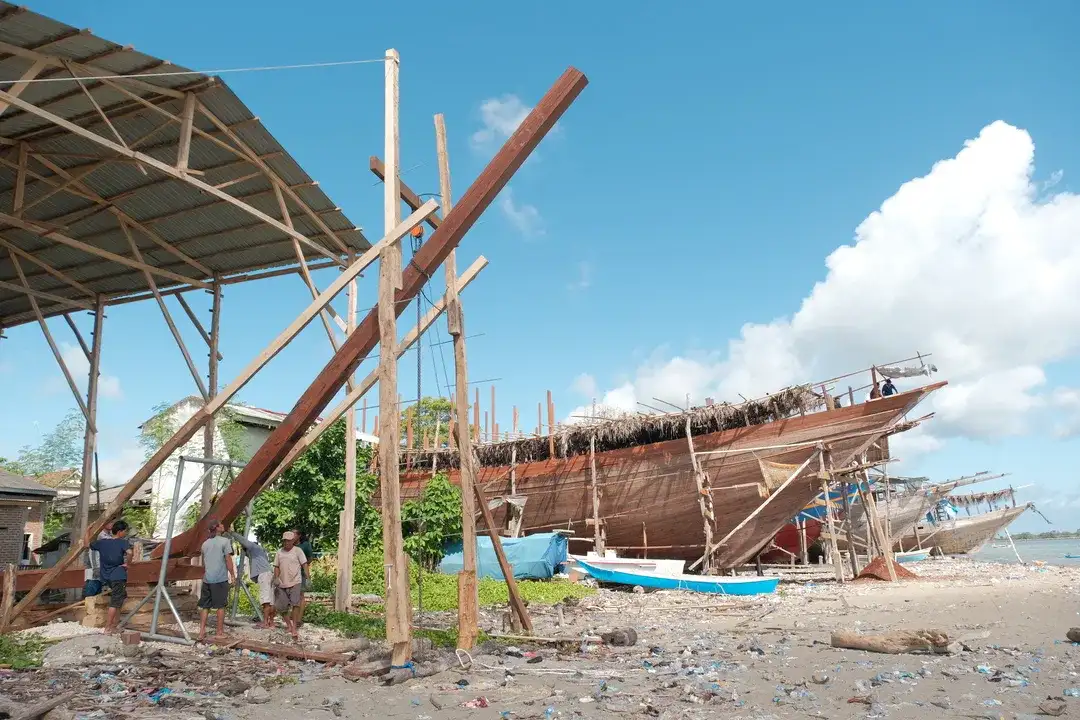
Eco friendly boats are gaining attention as the world calls for cleaner seas. In Tana Beru, Riara Marine answers that call—blending tradition with sustainable materials. Curious how the shift is happening? Let’s explore what makes boats greener today.
What Makes a Boat Eco Friendly?
Eco friendly boats are designed to minimize environmental impact—both in how they are built and how they sail. Here's what defines them:
- Low carbon footprint: From sourcing materials to daily operation, eco boats aim to reduce greenhouse gas emissions.
- Sustainable materials: Builders use renewable woods, recycled metals, or natural fibers to lessen resource depletion.
- Green propulsion systems: Hybrid engines, electric motors, or solar panels cut down on fossil fuel reliance.
- Efficient waste & emission handling: Built-in waste systems and low-toxicity finishes help preserve marine ecosystems.
Read Also: How Phinisi Boats Are Made in Tana Beru: Craft, Culture & Ceremony
What Are Eco-Friendly Boat Materials?
As sustainability becomes a central concern in marine design, more builders are turning to materials that are not only durable but also kinder to the planet. Below are some of the leading alternatives in eco-friendly boat construction:
1. Flax Fiber Composites
A natural alternative to fiberglass, flax fiber is derived from the flax plant and offers high tensile strength with minimal environmental cost.
- Environmental benefit: Biodegradable and renewable
- Performance: Lightweight yet strong, ideal for hulls or decks
- Impact: Reduces reliance on petrochemical-based composites
2. Recycled Aluminum
Recycled aluminum is widely used for hulls and structures, offering a lower-carbon alternative to new metals.
- Environmental benefit: Fully recyclable and requires less energy to produce than virgin aluminum
- Performance: Corrosion-resistant, lightweight, and long-lasting
- Impact: Decreases mining and processing-related emissions
3. Modified Woods (e.g., Kebony, Accoya)
These are sustainably harvested woods treated with non-toxic processes to enhance durability and weather resistance.
- Environmental benefit: No need for harmful sealants or preservatives
- Performance: Comparable strength to tropical hardwoods
- Impact: Reduces demand for endangered timber like teak
Read Also: Exploring the Traditional Boats of the Bugis People: Craft, Culture, Legacy
4. Bio-Based Epoxy Resins
Instead of fossil fuels, these resins are derived from plant oils, sugarcane, or other bio sources.
- Environmental benefit: Lower VOC emissions during application
- Performance: Safe to handle, with similar bonding strength as conventional epox
- Impact: Shrinks carbon footprint in composite manufacturing
5. Recycled Plastics
Upcycled PET bottles or discarded fishing nets (ghost nets) are now being used to create panels, foam, or even woven components.
- Environmental benefit: Diverts plastic waste from landfills and oceans
- Performance: Versatile use in insulation, furniture, or structural fillers
- Impact: Promotes circular economy in boatbuilding
6. Bamboo and Cork
Fast-growing and renewable, these natural materials are becoming popular for interiors and decking.
- Environmental benefit: Rapid regrowth, low chemical treatment
- Performance: Naturally antimicrobial, moisture-resistant, and lightweight
- Impact: Sustainable alternative to synthetic flooring and insulation
Case Study: How Riara Marine Supports Sustainable Boatbuilding
Riara Marine, based in Tana Beru, is redefining traditional craftsmanship by blending it with eco-conscious innovation. Their approach to building Phinisi boats honors centuries-old Bugis techniques while answering modern environmental demands.
Here’s how Riara Marine integrates sustainability into their boatbuilding process:
1. Locally Sourced Timber
Riara works with legal and sustainably managed suppliers to ensure that key materials like bitti and teak are responsibly harvested—reducing deforestation and supporting regional forest stewardship.
2. Minimal Chemical Use
Traditional construction methods, such as pegged joinery and hand-carving, allow Riara to avoid synthetic adhesives or toxic sealants wherever possible.
3. Eco-Upgrade Options
For clients building Phinisi boats for eco-tourism or charter, Riara offers optional features like:
- Solar-powered electrical systems
- Low-emission engines
- Recycled or natural interiors (e.g., bamboo flooring, coconut fiber panels)
4. Cultural & Environmental Synergy
Rituals like keel-laying and launch ceremonies remain core to every build, ensuring that both spiritual and ecological harmony are respected throughout the process.
Riara Marine shows that preserving tradition doesn’t mean resisting change. Instead, it means building boats that carry heritage and responsibility across the sea.
Read Also: 6 Types of Wood for Phinisi Boats in Indonesia
Build Your Eco-Friendly Boat with Riara Marine
For those who care about preserving maritime heritage while protecting the planet, Riara Marine provides the ideal solution through its thoughtful Boat Construction process.
Whether you are building a private vessel or launching an eco-tourism venture, you will have access to eco-conscious features—like sustainably sourced wood, non-toxic finishes, and green technology upgrades.
At Riara Marine, you will have the opportunity to:
- Work directly with experienced traditional boatbuilders
- Design a custom boat using environmentally responsible materials
- Play a role in promoting cleaner seas through thoughtful craftsmanship
Schedule your consultation workshop now at Riara Marine in Tana Beru.
